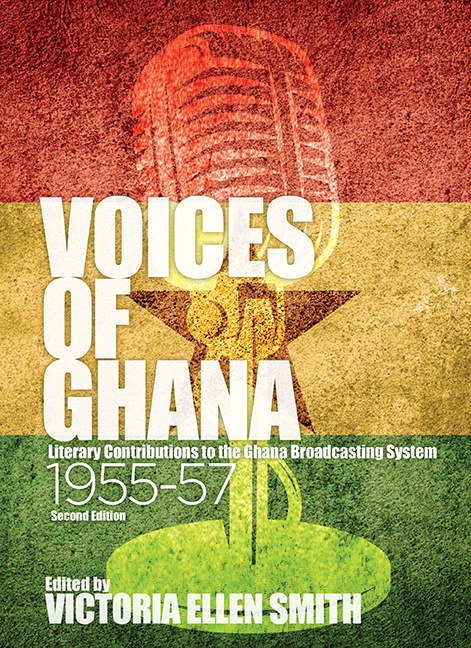Book contents
- Frontmatter
- Contents
- List of Illustrations
- Preface and Acknowledgements
- No Wings
- Preface to Second Edition
- Foreword to Second Edition
- Introduction to Second Edition
- A Note of History
- Should I Ever…
- THE COUNTRYSIDE
- AKAN
- EWE
- Ewe Poetry
- Akoli the Rich
- Poems of Eweland
- Down Below the Volta River
- GA-ADANGME
- DAGOMBA
- HAUSA
- THE TOWN
- The Contributors
- Index
Akoli the Rich
from EWE
Published online by Cambridge University Press: 02 August 2019
- Frontmatter
- Contents
- List of Illustrations
- Preface and Acknowledgements
- No Wings
- Preface to Second Edition
- Foreword to Second Edition
- Introduction to Second Edition
- A Note of History
- Should I Ever…
- THE COUNTRYSIDE
- AKAN
- EWE
- Ewe Poetry
- Akoli the Rich
- Poems of Eweland
- Down Below the Volta River
- GA-ADANGME
- DAGOMBA
- HAUSA
- THE TOWN
- The Contributors
- Index
Summary
Once there lived a man by name Akoli. He was a cotton spinner and weaver, but was so poor that I don't think his type of poverty exists today in any part of our country. To worsen his situation, he had a wife and three children, with whom he lived in a wretched little cottage near the banks of a river.
It so happened one day that two rich friends, who were passing through the neighbourhood of this poor man, incidentally began to discuss poverty. One of them, Akpalu, said he strongly believed that if all people could get some financial help to establish their businesses, poverty could be eradicated from the lives of men. Agbenyega, his friend, interrupted him at once and said ‘I don't agree with you for a moment. It is God's plan for the world that all men shall not be equal. To some He has given wealth and general prosperity, but others He has destined to be poor and face all the suffering and privations of this world. No amount of financial help can therefore change the status of a man whom God has destined to be poor’.
Akoli was busy at his loom when the two friends came to him. ‘This is a hard working man, though he is poor’, said Akpalu to Agbenyega, ‘and I am prepared to demonstrate to you that with some help he could just be as rich as any of us’, he continued. ‘Do you think that if you had a loan of one hundred pounds to put into your business, you could prosper?’ Akpalu asked Akoli. ‘One hundred pounds?’ exclaimed Akoli, ‘that's too much.’ ‘I can assure you that if I had twenty pounds today, I would be a man,’ he added. No sooner had he completed his answer than Akpalu thrust his hand into the inner pocket of his coat and pulled out a sum of one hundred pounds in currency notes. ‘Take this and make a change in your life’, he said to Akoli. Before the latter could ask what rate of interest he was to pay on the loan, the two friends had left and were out of earshot.
- Type
- Chapter
- Information
- Voices of GhanaLiterary Contributions to the Ghana Broadcasting System 1955–57, pp. 126 - 128Publisher: Boydell & BrewerPrint publication year: 2018

